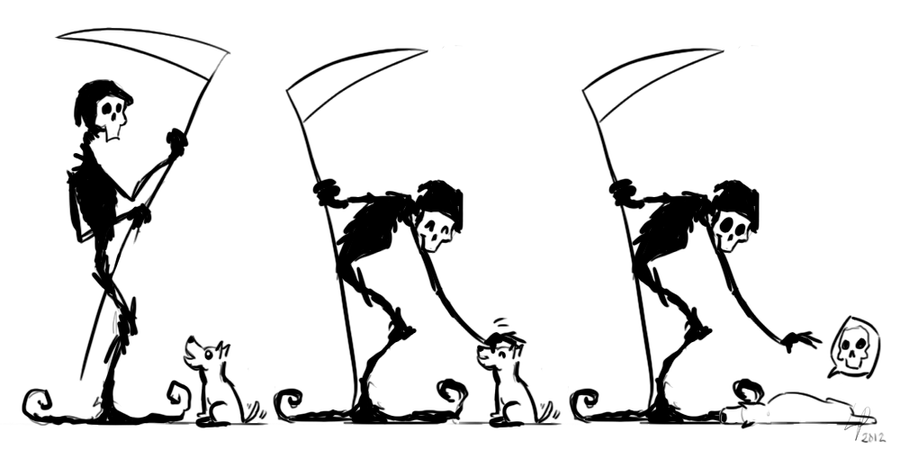Definitions are important. David Hume defined that a "miracle" is that which is in opposition to the natural laws of the universe. He defined the "universe" to be all that is, and that the laws are how they ran. A miracle, by that definition, would be in opposition to reality. Therefore nothing.
But a standard definition of "miracle" wouldn't be understood that way. A "miracle" might be understood to be the action of a power of reality ( a subgroup of all that exists) that is beyond the perception of humanity to explain. Then a miracle would just mean that the universe contains more than humanity can see.
Science has no problem with this. They admit that gravity exists, but they do not know how or even how it works or where this force comes from. No one would call gravity a "miracle", because it follows certain predictable laws, but perhaps the origin of gravity is. It is certainly beyond human comprehension.
A chronically ill person is sick, they are prayed for and then they are healed. Is that not a miracle, whether you believe in God or not? We experience hope with no reason to found it on and our hope is realized. Is that not a miracle? Science claims humanity will cease by a certain date, but humanity continues. Is that a miracle, or simply progress?
The problem of a miracle is when we take a event or experience that is beyond human explanation or knowledge and determine absolutely what the source of that miracle is. A miracle is, by its very nature, mysterious. To claim that a source of a miracle is a powerful being or to claim it is a psychological phenomena are both equally premature.
Perhaps we need to embrace the mysterious nature of the universe? Recognizing that we simply will not know all there is to be known? Can we ever understand all causes of all things?
But a standard definition of "miracle" wouldn't be understood that way. A "miracle" might be understood to be the action of a power of reality ( a subgroup of all that exists) that is beyond the perception of humanity to explain. Then a miracle would just mean that the universe contains more than humanity can see.
Science has no problem with this. They admit that gravity exists, but they do not know how or even how it works or where this force comes from. No one would call gravity a "miracle", because it follows certain predictable laws, but perhaps the origin of gravity is. It is certainly beyond human comprehension.
A chronically ill person is sick, they are prayed for and then they are healed. Is that not a miracle, whether you believe in God or not? We experience hope with no reason to found it on and our hope is realized. Is that not a miracle? Science claims humanity will cease by a certain date, but humanity continues. Is that a miracle, or simply progress?
The problem of a miracle is when we take a event or experience that is beyond human explanation or knowledge and determine absolutely what the source of that miracle is. A miracle is, by its very nature, mysterious. To claim that a source of a miracle is a powerful being or to claim it is a psychological phenomena are both equally premature.
Perhaps we need to embrace the mysterious nature of the universe? Recognizing that we simply will not know all there is to be known? Can we ever understand all causes of all things?
.jpg)


